“My position is that all the great religions are fundamentally equal.” Mahatma Gandhi
“The heart of so great a mystery cannot be reached by following one road only.” Symmachus (4th century AD Roman governor)
“All religions lead to God; they are basically the same and no religion can be wrong.” Gordon Bailey (20th century AD religious relativist)
Most recently, even the Pope sang the same tune while he was in Singapore taking part in an interreligious dialogue with young people at the Catholic Junior College. Earlier, he had already lauded Singapore for our racial and religious harmony to which our President, Tharman Shanmugaratnam, was quick to point out that such social unity was achieved only through much deliberate efforts and cooperations over many years.
In response to one of the questions posed by a youth participant at the interreligious dialogue on how he views the different religions, the pontiff responded:
“If we start to fight among yourselves and say my religion is more important than yours, my religion is true and yours is not, where would that lead us. It is okay to discuss, because every religion is a way to arrive at God. Analogously speaking, religion is like different languages to arrive at God. But God is God for all. And if God is God for all, we are all sons and daughters of God. ‘But my God is more important than your God’. Is that true? There is only one God, and each of us is a language, so to speak, to arrive at God. Muslim, Hindu, they are different paths. Understood?”
Really? All roads lead to Rome?
If we were to examine just two fundamental questions, we will realise that the 4 major religions have very differing views.
1. Who is God?
Hindus believe in millions of gods but they will say these are merely the manifestations of one God – Brahman. He’s the impersonal force, the ultimate reality, the supreme soul of the universe. All reality is one: God is all and all is God. All things come from Brahman, and all things return to Brahman eternally. God is not separate from man.
Buddhists believe in a philosophy of life rather than the existence of God. Their aim is to escape suffering and pain in the world by freeing themselves from attachments. One must not even be attached to good deeds or the idea of doing good, otherwise, it is just another form of craving. The ultimate goal is to free themselves from this continuous cycle of birth, life, death, rebirth or reincarnation, and attain enlightenment.
Muslims believe in one God – Allah. They believe Jesus Christ only as a prophet. Since the latter prophets supersede the previous ones, Prophet Muhammad, who lived in the 6th-7th century AD and proclaimed himself a prophet in the same lineage as Abraham, would take precedence. Muslims do not believe Jesus died on the cross; he was just taken up to heaven. He will be coming back a second time to defeat the antichrist.
Christians believe in the eternal and Almighty God who is at the same time personal and intimate. He is the Creator of the heavens and the earth and so is set apart from creation. God exists in Trinity – Father, Son and Spirit so Jesus is more than a prophet, he is God. God creates humans and we find our purpose and meaning of our existence in him. We live life only once and after that we will face judgment.
2. How is sin dealt with?
Hindus and Buddhists believe in karma and reincarnation. Every bad action will have bad consequences for them, and every good action will bring good to them. The sum of a person’s actions in this life and past ones will determine what happens to him in the next life.
This retribution doesn’t come from a personal God, but simply from a natural, relentless law: the law of karma, which essentially has to do with cause and effect. Depending on whether one has good or bad karma, he will be reincarnated into a higher or lower life form. He can only break out of this cycle of endless rebirths if he reaches nirvana.
For Muslims, they follow a rule of life that revolves around the 5 pillars of Islam – profession of faith (there is no god but God, and Muhammad is the Messenger of God), praying 5 times a day facing Mecca, alms giving to provide for those in need, fasting during Ramadan and embarking on the hajj (at least once in a lifetime).
It is believed that God weighs an individual’s good deeds against his sins on the Day of Judgement and punishes those individuals whose evil deeds outweigh their good deeds. These individuals are thought to be sentenced to afterlife in the fires of hell.
Christians believe that we cannot help ourselves and even our good works are like filthy rags in God’s holy eyes. We therefore need a Saviour to rescue us from the condemnation and bondage of sin. It is by faith in Jesus’ death and resurrection that we can receive the forgiveness of sins.
While we are saved not because of good works, we are saved for good works. Our lives are being transformed by the power of the Holy Spirit so that we can become Christlike, i.e. the human we were meant to be before sin came into the picture. We are awaiting for the return of the King where sin will be totally eradicated in the new creation!
How then can we say that all religions are the same when their responses to the above two fundamental questions are so different?
Those who insist that all roads lead to Rome will say that all religions teach us to do good – to practise love, sincerity and faith. However, Hitler sincerely believed in what he was doing but he was sincerely wrong. One may have faith that the ten dollars in the pocket is a thousand dollars but all the faith will not change the fact that it is only ten dollars.
Faith must be based on fact; sincerity and love must be grounded in truth. We must be certain that what we believe is true and have good evidence that our belief is worthy of our ultimate commitment.
The most loving thing to do to a person on a wrong train is not admire his sincerity and say: “It doesn’t matter what you believe, all trains lead to the same place, have a pleasant trip.” Such an action denies the very essence of love and compassion. When a person is on a wrong train, the most loving thing we can do is to share the truth kindly and show him where to find the right one.
All religions cannot be equally true when they contradict each other. Opposing convictions cannot both be true. If they contradict one another, there are only two conclusions: either they are all false or only one is true.
In Singapore, we continue to uphold religious harmony so that we can lead a peaceful and quiet life from which we share and seek to understand each other’s beliefs. This will pave the way for the Gospel to be preached and heard.
Do not mistake religious harmony for religious universalism. While the former holds that despite our differences in beliefs, we respect one another, the latter holds that there is no difference in what we believe and eventually we all believe the same thing. Such a position may be politically correct but neither biblically nor theologically sound.
All roads do not lead to Rome. There is only one road that lead to salvation. Jesus says, “I am the way, the truth and the life. No one goes to the Father except through me.” (John 14:6)


